
Oat Cuisine
Have a spoonful of Scarlet to start your day the right way.
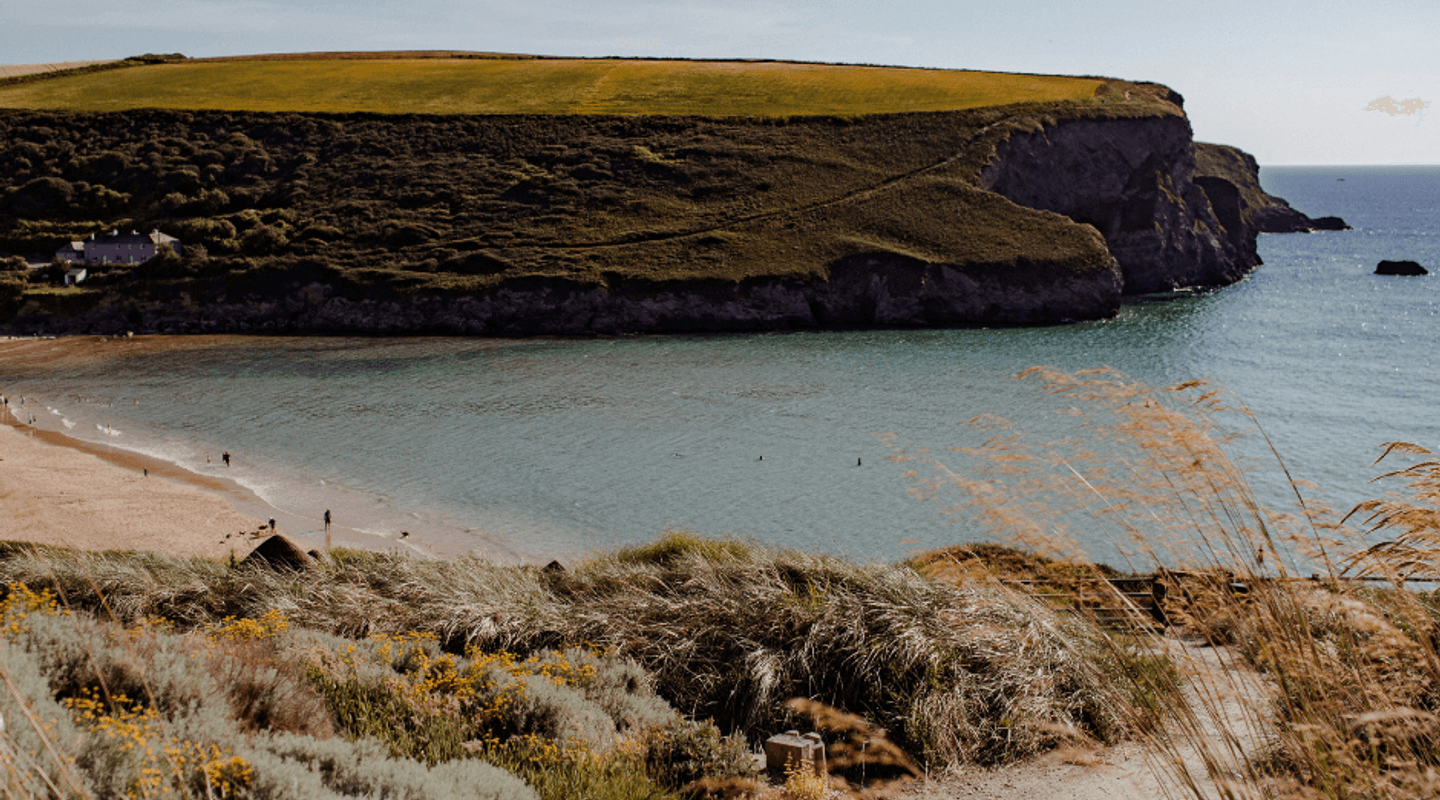
Written by Emma Benney
The sheer feeling of the cold. When you go swimming in natural waters, that’s the first thing that hits you.
But then your body acclimatises. It becomes a little easier to be in the water. And afterwards — once you’ve clambered back onto dry land — a radiance remains.
At least that’s what Stephen, one of our in-house creatives, is telling us about his new wild swimming hobby. “For me the greatest satisfaction has been post dip feelings – the surge of endorphins or dopamine. Whatever it is? I feel good about myself and it’s here to stay.” (Though Stephen, who also moonlights as a RNLI lifeguard, reminds us of the importance of undertaking wild swimming with care and consideration.)
It’s clear to see that activities involving cold water are having a moment. Old lidos are enjoying a renaissance, while articles on wild swimming are appearing more and more frequently. Amongst our friends, more and more people have started swearing by cold showers — what was once a shrieking surprise is now something they do regularly, saying it helps them to feel more awake and alive.
It always come back to this sensation. That after an exposure to coldwater therapy, it feels as if that initial shock unblocked something: you feel more open to the textures of the world. And in the lethargy of dull lockdown days, the idea of fully exposing yourself to the sheer elements is appealing.
The Scarlet’s outdoor natural pool: the benefits of cold water

But sharpening your senses is just the tip of the very cold iceberg. Regular time in cold water has been linked to many physical and mental benefits. These include increased circulation and better general mental wellbeing.
What’s more, humans have known about their goodness for centuries: think about those traditional Nordic wellbeing cultures, where an ice bath is often part of the communal spa.
Another key benefit is how cold water is most often found in proximity to nature. At the Scarlet, our natural bathing pool is right out on the clifftops. You can see the waves and hear the seabirds while you swim. It makes everything feel better, more harmonious.
Getting started
Great care needs to be taken when exposing yourself to cold water. Prolonged or even sudden exposure to cold temperatures can be actively dangerous. Research whether any existing health issues may need you to take extra caution.
Particular attention must be given if you’re keen to begin wild swimming, too. Before your first swim, research using resources such as SH₂OUT and the Outdoor Swimming Society. Natural waters, including the sea, are very different to swimming pools. Be mindful of water cleanliness and nearby wildlife, alongside shifting tides and currents. Don’t swim alone either: always make sure someone will be available to help if something goes wrong.
If you’re looking to dip your toes into these new waters, also consider beginning small. Seek out sea pools or natural pools. For instance, Scarlet’s reed pool is designed to give you the thrilling textures of open water swimming, but without having to worry about changing tides.
The outdoor Sensory Spa Garden at our sister hotel Bedruthan is another place to discover how the cold can awaken the senses. Inspired by thermal contrast therapies, it features an ice bucket drench that really sharpens the mind.

At Scarlet, we believe in nourishing your whole self—mind, body and soul. Picture this: the rush of an invigorating cold water plunge, followed by bold flavours that awaken every sense. Warm up with friends over exceptional outdoor dining, where each bite turns an already exhilarating day into something unforgettable.




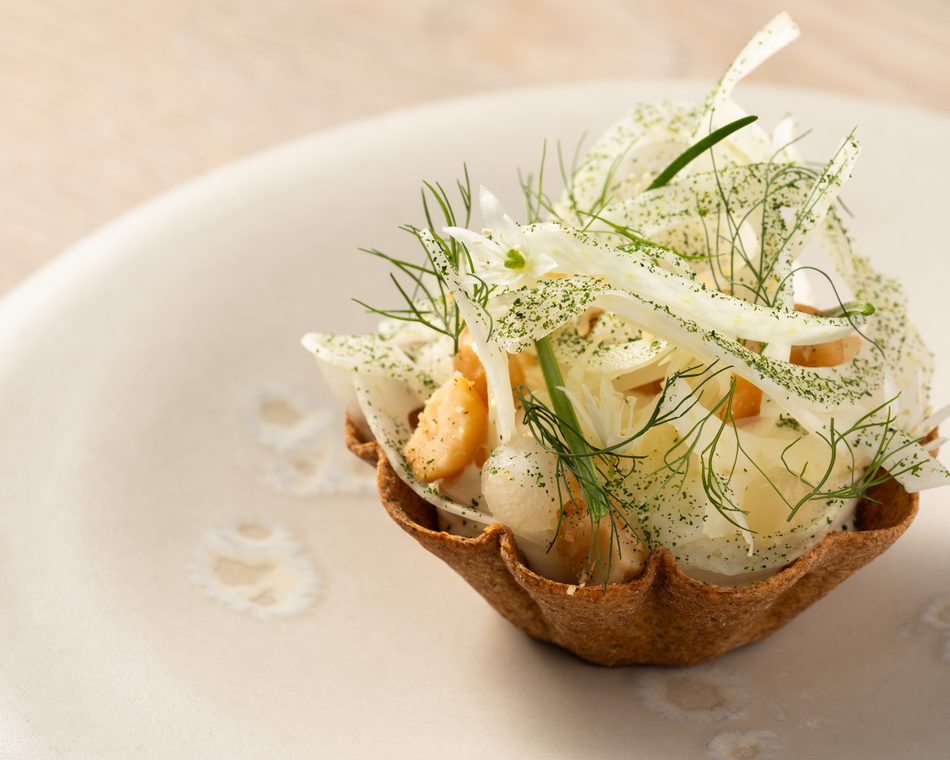
Escape to Scarlet, where every spa break is thoughtfully crafted to help you discover something new, reconnect with your loved ones or surrender completely to pure relaxation:
Seasonal Wine Down Two-Night Break
Two Night Spend Time Together Break
Created by people who know that the perfect break means something different to everyone.

Have a spoonful of Scarlet to start your day the right way.
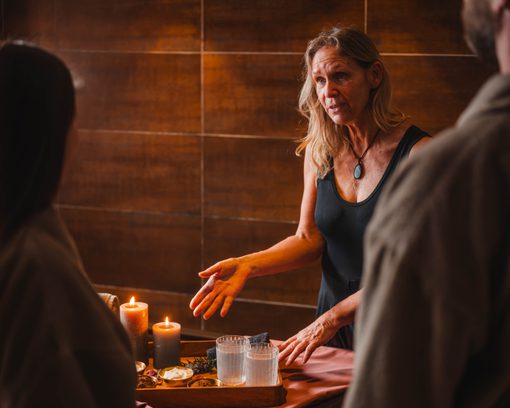
Learn more about holistic well-being and health by using Ayurveda at Scarlet Hotel.
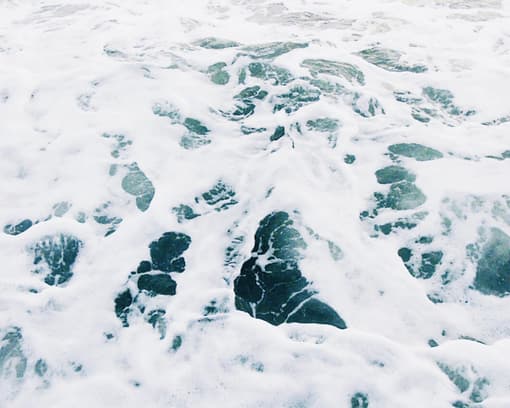
In Ayurveda, the year is broken into three seasons which mirror the three dosha types. Autumn into winter is the season of Vata. Literally translated as ‘wind, Vata is dry and cold with bursts of movement.

Treatments at Scarlet are a little different. Our therapists draw their inspiration from Ayurveda, a holistic form of medicine that has stood the test of time over 100s of years. Breaking down the ideas around deep tissue massage and sport specific treatments.
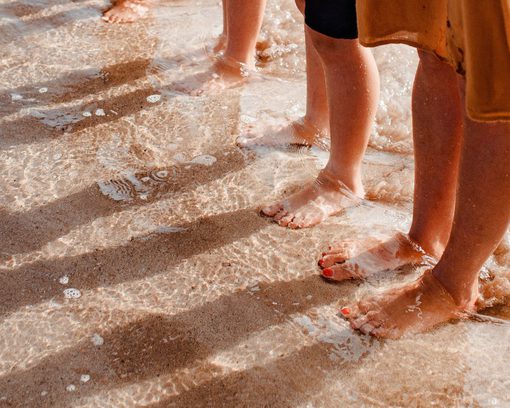
Once a common practice for humans, barefoot walking and running has recently resurfaced as a popular trend for mental and physical wellbeing enthusiasts.

Often referred to as ‘The Science of Life’, Ayurveda is an ancient system of holistic wellbeing, with roots in India over 5,000 years old.
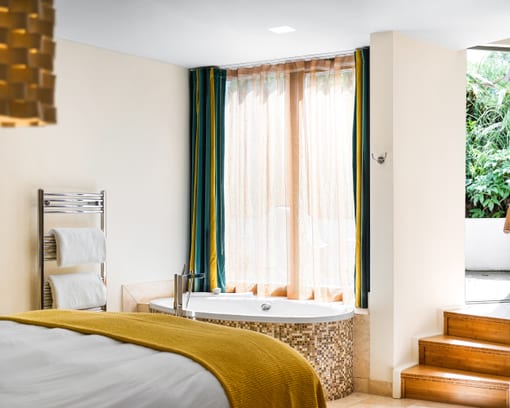
Introducing the Restorative Sleep Break, Scarlet's newest wellness break crafted to enhance meaningful relaxation and improve sleep patterns.
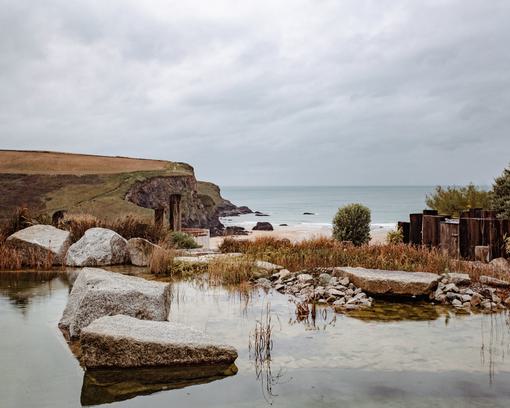
Explore everything you need to know about starting your cold water swimming journey on the breathtaking cliffside of Mawgan Porth in our natural outside reed pool.
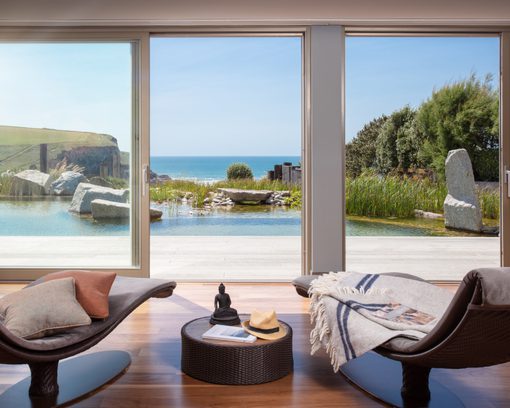
Looking for a wellness retreat in Cornwall? Reconnect with nature at Scarlet Hotel, where mindfulness, spa therapies, and sustainable luxury create the perfect escape.